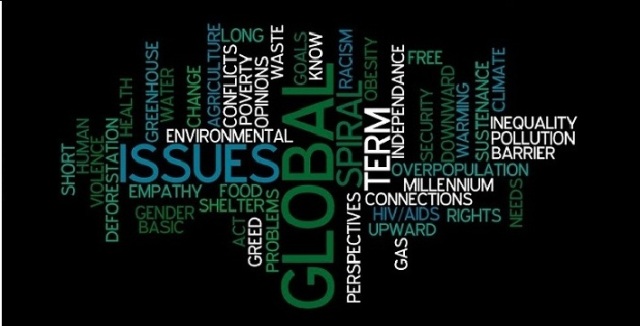
Recession became popular word all around the world because of global financial melting down. Comparing India and American, India was not affected that much as America was affected by this financial crisis. And there was not more amount of job cut in India, but recession made lot of NRIs (Non Residential Indian) to come to India without job and without hope for future. It caused huge impact in foreign remittance of India.
In India, 65%-75% (approximately) of mission organizations are not self supported but getting aids from abroad. Global financial melting down affected Indian mission organizations as it effected their sponsors. So obviously recession caused a huge shrink in mission works in India and Asian countries. I am not sure that if all the Indian mission organization aware the fact the recession will minimize their mission works as their sponsors lost their jobs.
Though India still comes under the category of developing countries, yet lot of Indians fill the first 10 rich men of the world on Forbes billionaire list –Lakshmi Mittal, Mukesh Ambani, Anil Ambani and KP Singh[1]. It shows that India could be great financial resource for Indian mission organizations. the only thing is Indian mission leaders should learn to use effective strategies to raise funds from India itself.
I am not against of getting aid from abroad, but I am against not using our own (Indian) resources. It is the right time to find financial resources from India itself. Five percentage of Indian Christians’ (consider that most of them living Below Poverty Line) offerings would be more than enough to meet present work of India, if we have a proper fund raising ideas and use it in a proper manner. Indians should be primary resource our financial needs. Here I appreciate some of Indian mission organizations which are not affected by “financial crisis” as they fully depend on Indian money. Therefore here I conclude by mentioning three important principles for the Indian mission organisations, “Indian administration, Indian man power, and Indian money.”
[1] http://www.forbes.com/2008/03/05/richest-people-billionaires-billionaires08-cx_lk_0305billie_land.html













